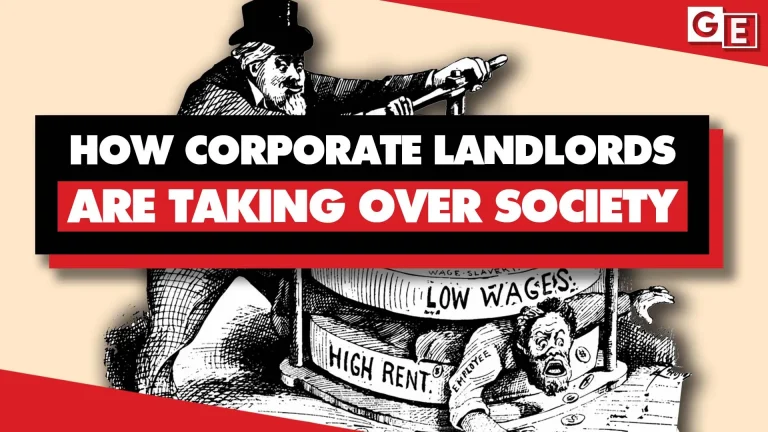What Is APEC?
If you look at the news, the media treats the Asia Pacific Economic Cooperation (APEC) Forum more like a gala than a policy forum about regional economic policies. Despite high level meetings having occurred between the government and business interests (i.e., the APEC Business Advisory Committee), despite two senior official meetings having taken place, the media has done a negligible job of bringing the agenda and discussions in these meetings to public consciousness or debate. Instead, it has mostly focused on who will be there – K-pop megastar G-Dragon was named APEC Ambassador – or whether the accommodations and infrastructure are adequate.















